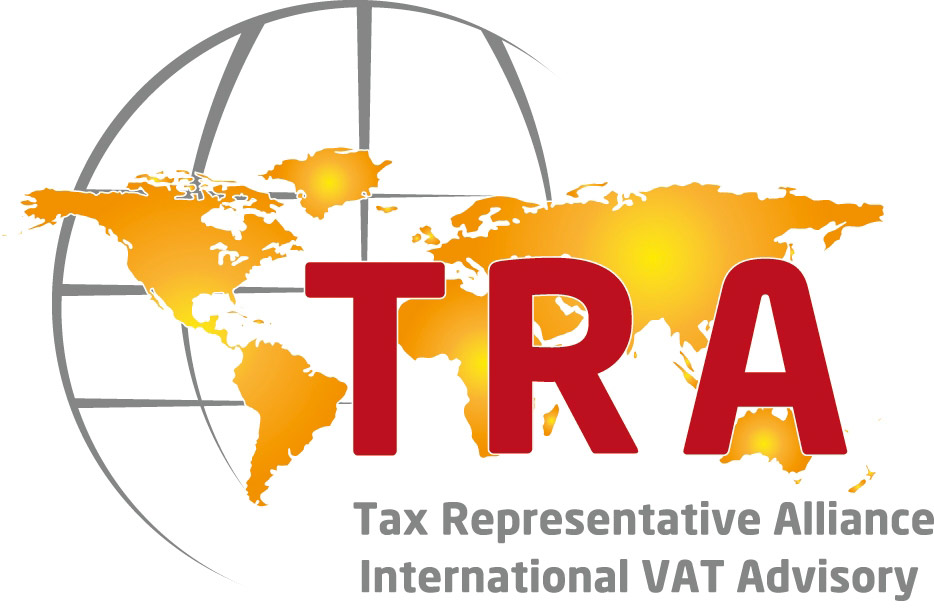In view of the judgment of the Court of Justice of the European Union of June 29th, 2017 C-288/16 L, the Ministry of Finance of the Czech Republic issued information on the interpretation of the Article 69 of the VAT Act, concerning the exemption of services directly linked to the export of goods. Nevertheless, it also refers to applicable exemptions in case of imports.
Art. 144 (import) and Art. 146 (1) (e) (export) of the Council Directive 2006/112/EC on the common system of VAT have been reflected in this decision.
The subject of the dispute was the application of the exemption for exporting goods based on Article 146 of the Directive.
The company provided transportation and other services through intermediaries without direct contractual relationship with the purchaser. The Court of Justice of the European Union subsequently ruled as follows: “Article 146 (1) of the Council Directive must be interpreted as meaning that the exemption laid down in that provision does not apply to a supply of services, such as that at issue in the main proceedings, relating to a transaction consisting in the transport of goods to a third country, where those [export] services are not provided directly to the consignor or the consignee of those goods.“
Thus, the Ministry of Finance will apply the following interpretation of the exemption under the Article 69 of the VAT Act, with effect from March 1st, 2018:
Only those services can be exempt from Czech VAT that are objectively evoked for importing or exporting goods and contribute to their actual realization (binding condition).
Further, they must be provided directly (condition of method of binding), meaning there must be a contractual relationship between the provider of the service and exporter, importer, consignee or consignor.
This interpretation brings a serious competitive disadvantage for Czech forwarding companies, as not all EU states applied the above judgement in their jurisdictions yet. It is expected that there will be a further development of the case.
In addition, in the case of the Czech Republic, there was an incorrect transposition of the Directive – the Article 69 (2) of the VAT Act states the necessity of direct link even in the case of imports, however the Ministry of Finance now permits the interpretation in accordance with the Directive, and therefore, the requirement of a direct link (condition of method of binding) will not be applied if the value of these services is included in the tax base.


